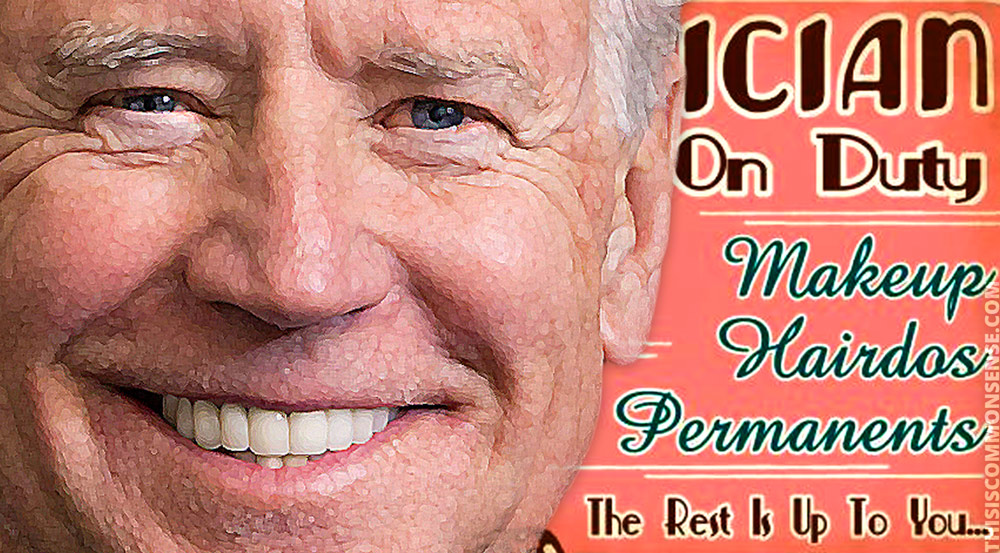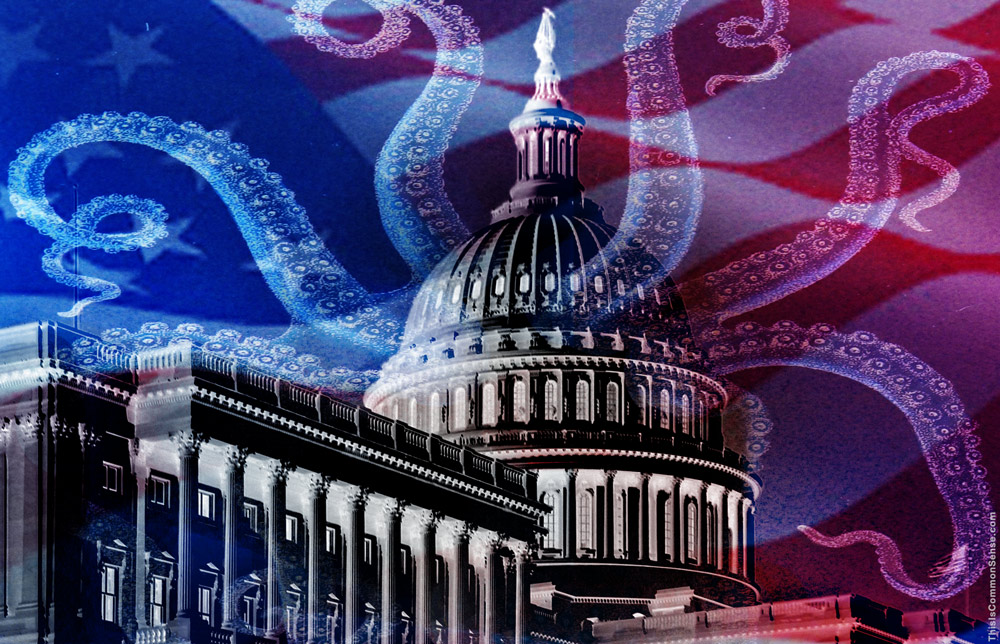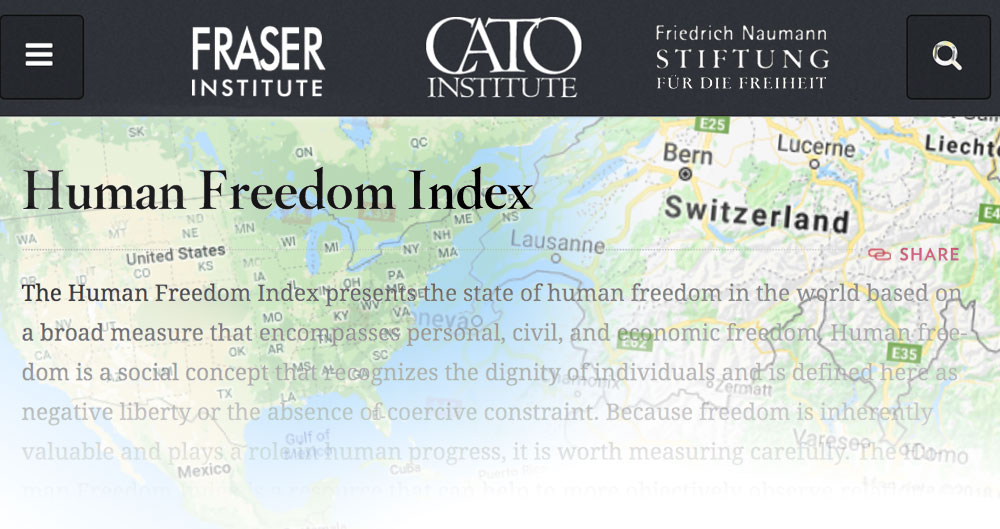“California this week declared its independence from the federal government’s feeble efforts to fight Covid-19 — and perhaps from a bit more.” So begins a hyper-partisan, slightly unhinged Bloomberg opinion piece.
“Governor Gavin Newsom said that he would use the bulk purchasing power of California ‘as a nation-state’ to acquire the hospital supplies that the federal government has failed to provide,” writes one Mr. Francis Wilkinson. “If all goes according to plan, Newsom said, California might even ‘export some of those supplies to states in need.’”
Highlighting two concepts, “nation-state” and “export,” Wilkinson makes much of California’s governor contracting with manufacturers to deliver face masks to his state, arguing that the Trump administration had failed to deliver.
“John C. Calhoun, who used the theory of states’ rights to defend the institution of slavery, is not generally a philosophical lodestar for liberal Democrats such as Newsom,” Wilkinson plunges ahead. He suspects Republicans are hell-bent on subverting democracy come November, making “Calhoun’s theory of nullification … ripe for a comeback on the left coast.”
Calhoun’s “theory” of nullification, as Wilkinson puts it, was called by James Madison “interposition,” and flows directly from the Virginia and Kentucky Resolutions of 1798. It has been used by states for reasons other than defending slavery — most often defending states from unconstitutional taxation.
Indeed, it was used by Northern states to resist federal attempts to reclaim fugitive slaves.*
While it is instructive to watch advocates of huge government flirt with federalist ideas, and the compact theory of the union, one has to wonder how nullification fits with resisting a lack of federal action on face masks.
This is Common Sense. I’m Paul Jacob.
* And free people who merely looked like slaves. For the slavery issue, and more on nullification, see Thomas E. Woods, Jr., Nullification: How to Resist Federal Tyranny in the 21st Century (2010).

—
See all recent commentary
(simplified and organized)










